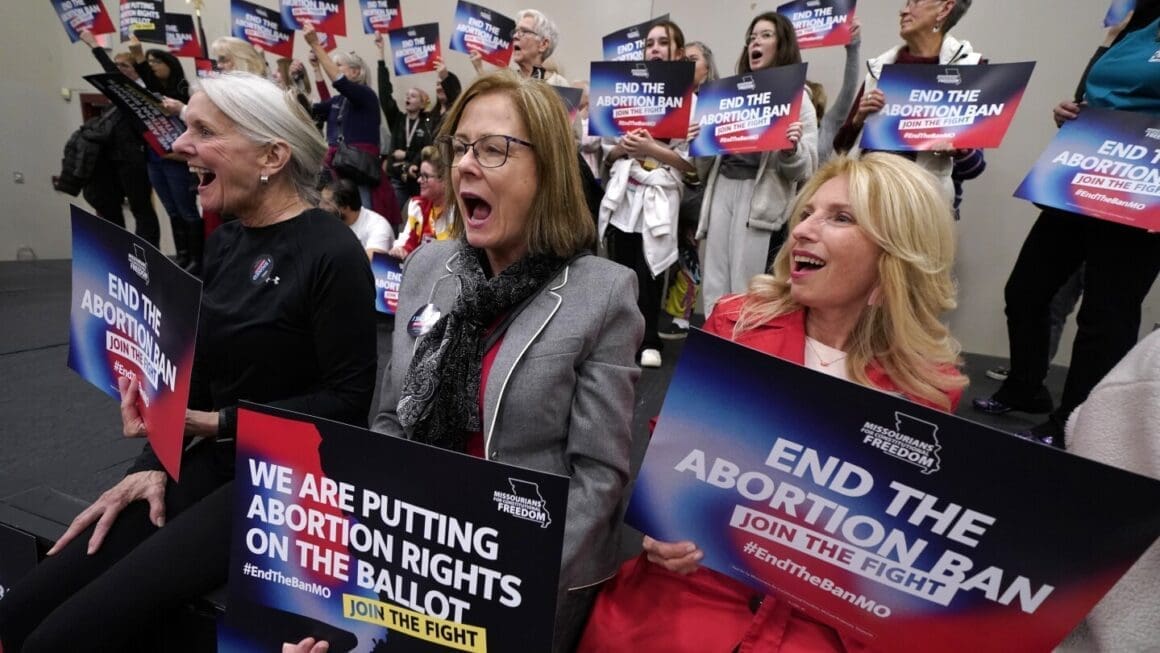A pivotal legal battle is set to unfold in Missouri as abortion-rights advocates urge a court to overturn the state’s stringent abortion laws. This development comes shortly after the state’s electorate endorsed a constitutional amendment supporting abortion rights.
On Wednesday, Jackson County Circuit Judge Jerri Zhang will examine whether to temporarily halt the enforcement of Missouri’s extensive abortion regulations. The lawsuit is put forth by Planned Parenthood against the state’s Republican Attorney General’s Office. “If left in place, the above-described restrictions will continue to be catastrophic for Missourians,” asserted the legal representatives of the abortion-rights supporters in a recent court brief. Such constraints, they argue, either entirely block or significantly delay access to necessary medical care.
Missouri stands among five states where voters approved initiatives this year to constitutionally affirm the right to abortion. Notably, the amendment in Missouri does not explicitly negate current state laws, but provides a legal avenue for advocates to challenge these laws as unconstitutional. While Missouri Attorney General Andrew Bailey acknowledges that most abortions will become lawful when the amendment takes effect, his office is nonetheless fighting to preserve restrictions on abortions past fetal viability, as well as regulations that, according to Planned Parenthood, hampered abortion access even before recent near-total bans.
The state’s amendment allows limitations on abortions after viability, with particular exceptions designed to safeguard the health or life, both physical and mental, of the pregnant individual. The concept of “viability” is a medical determination referring to the pregnancy’s likely progression and whether the fetus can exist outside the womb, typically considered possible post the 21st week of gestation.
Current Missouri laws, defended by Attorney General Bailey, include a mandatory 72-hour waiting period for abortions; prohibitions on abortions based on race, gender, or potential Down syndrome diagnosis; and requirements for abortion providers to hold licenses as ambulatory surgical centers. The state contends that Planned Parenthood hasn’t demonstrated potential adverse impacts from these laws, specifying that no immediate abortion services have been planned or attempts to secure necessary licenses have been made.
Arizona presents a parallel case, where a challenge is underway against a 15-week abortion restriction said to conflict with a constitutional amendment ensuring abortion access until fetal viability. Meanwhile, laws discriminating based on “pregnancy outcomes” encountered pushback in New York, highlighting a nationwide discourse on reproductive rights.
The timing of Judge Zhang’s decision on the preliminary injunction remains undetermined, yet its implications could substantially influence the accessibility of abortion services in Missouri.
The court’s forthcoming decision is poised to play a critical role in the ongoing debate over abortion rights in Missouri. With the state’s legal framework under scrutiny, the outcome may set significant precedents for reproductive rights across the region.
Source: Apnews














